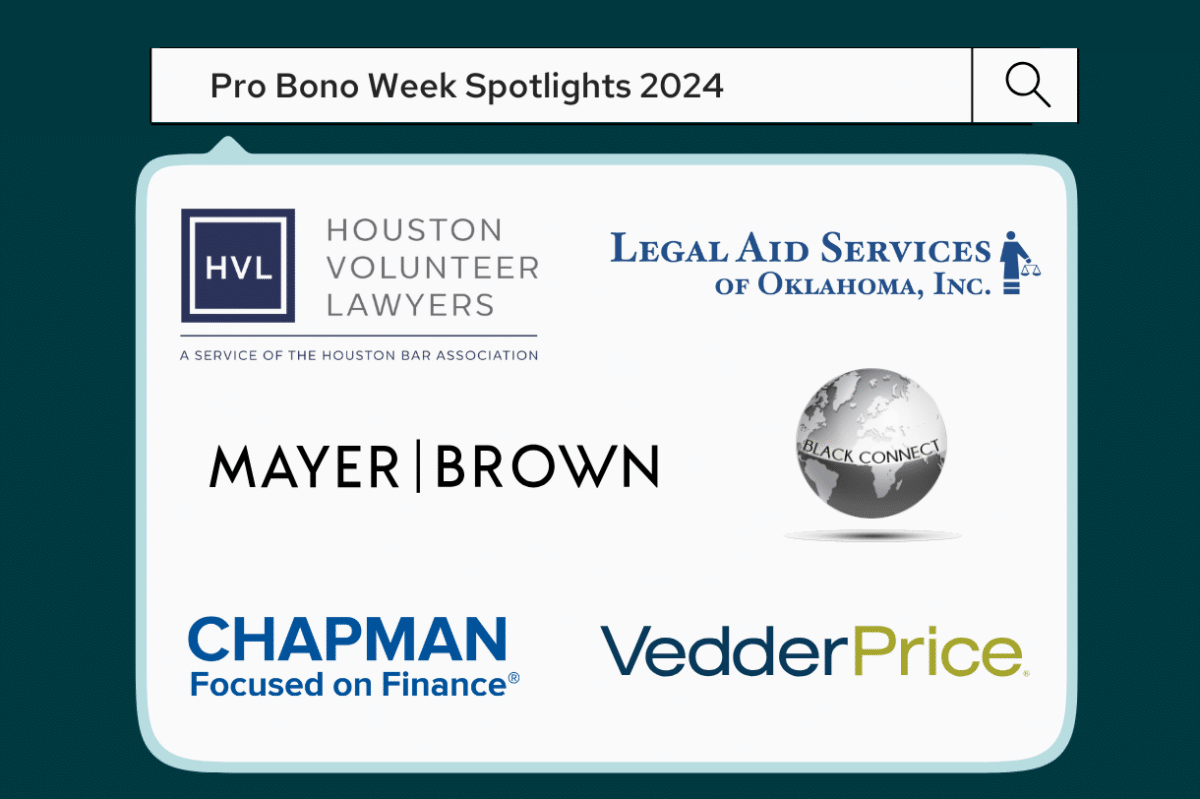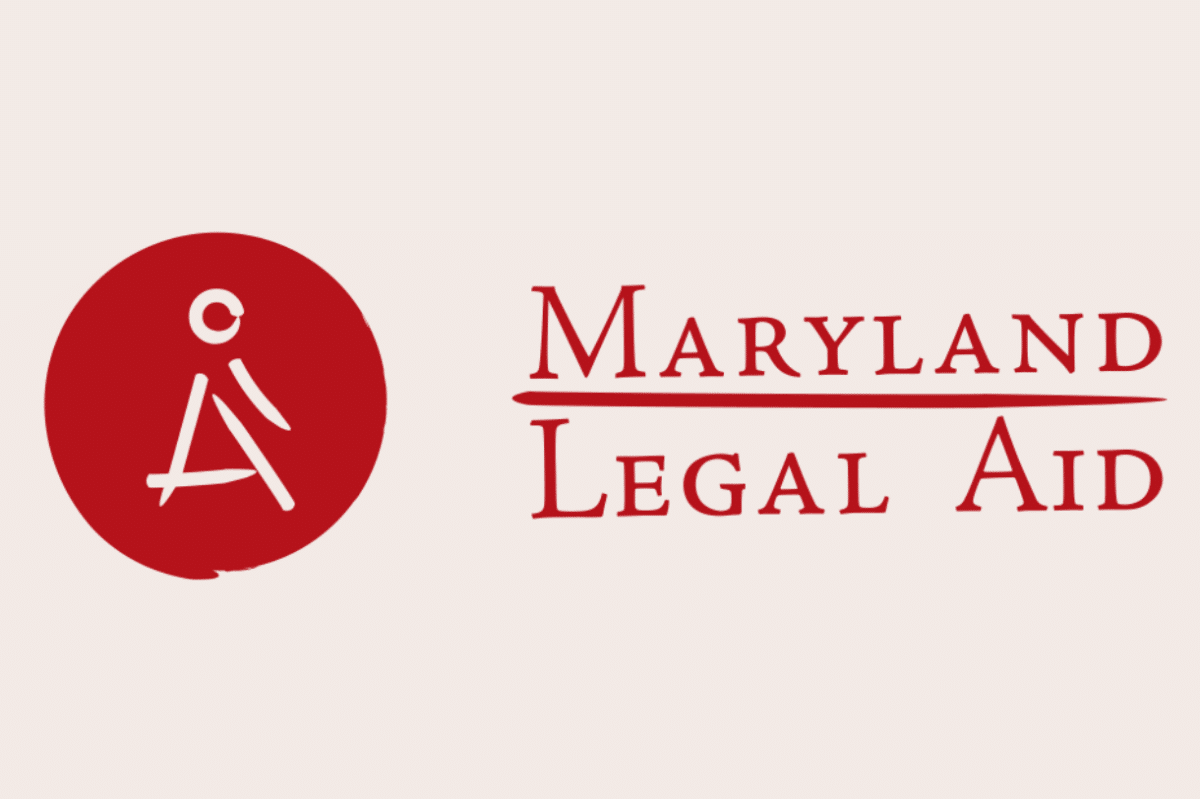Paladin’s 2023 Annual Pro Bono Leaders Roundtable Discussion was focused on cross-departmental collaboration. We invited Pro Bono Leaders from firms and corporations to discuss pro bono trends, how to work with other departments to maximize pro bono efforts, and client collaboration. We put together the following summary of key takeaways, which we hope you find helpful.
Business Development:
- Pro Bono in RFPs: Clients are increasingly inquiring about pro bono and community involvement, leading to a heightened need for real-time pro bono analytics. Information requested includes pro bono hours, types of matters, program snapshots, matter examples, etc. (As a reminder, Paladin’s free Time/Billing Integration can give you access to firm-wide pro bono data in real time. Contact us to learn more!)
- Client Collaboration: Working with clients on pro bono projects is a great relationship-building tool. An effective way to do this is by collaborating on clinics that touch on an area the client has expressed interest in. Virtual events continue to be popular. Working with a Legal Services Organization (LSO) to run the clinic is key.
Professional Development:
- Pro Bono as a Professional Development Tool: Pro bono can be extremely helpful in helping attorneys strengthen particular skill sets, but how do firms align professional development goals of attorneys with pro bono? Some firms take a more organic approach leaving it up to the lawyer to select pro bono opportunities that best fit their interests and skill-building needs. Others take a more systemized approach working with the professional development team and/or practice group chairs to identify pro bono opportunities that align with professional development goals.
- New Hire / Lateral Orientation: Most firms include pro bono as part of their new associate orientation, as well as lateral onboarding. In addition to providing an overview of the firm’s pro bono program and a demo of Paladin, some firms invite an LSO to attend and highlight their program and impact. One pro bono counsel mentioned that they provide a QR code and ask attorneys to set their pro bono preferences in Paladin during the orientation!
Pro Bono Engagement + Staffing:
- Engagement: There still seems to be hesitation for lawyers on taking on new pro bono matters. Reasons for this include fatigue from the last few years, increased pressure to meet billable requirements, and/or reluctance to start a new matter without knowing what billable matters are in the pipeline.
- Matter Re-Staffing: A lot of work recently has been around re-staffing pro bono matters of attorneys who have left the firm. This includes both identifying matters that need to be re-staffed, as well as finding someone to take on the matter. A few best practices include working with HR to include a review of open pro bono matters as part of attorney off-boarding; identifying attorneys who have expressed interest in similar matters within Paladin and reaching out to them; and posting/sharing the open matter via Paladin.
- Internal Projects on Paladin: Folks have also found great success in adding firm-hosted initiatives to Paladin. This has proven to be effective in streamlining pro bono communications and continuing to drive attorneys to the platform.
Thank you again for sharing your insights with this community. We are also taking these learnings back to our team so we can continue to enhance our product and materials to further support your programs.

Pro Bono Insights 10 Tips for Launching a Pro Bono Program Read Story





